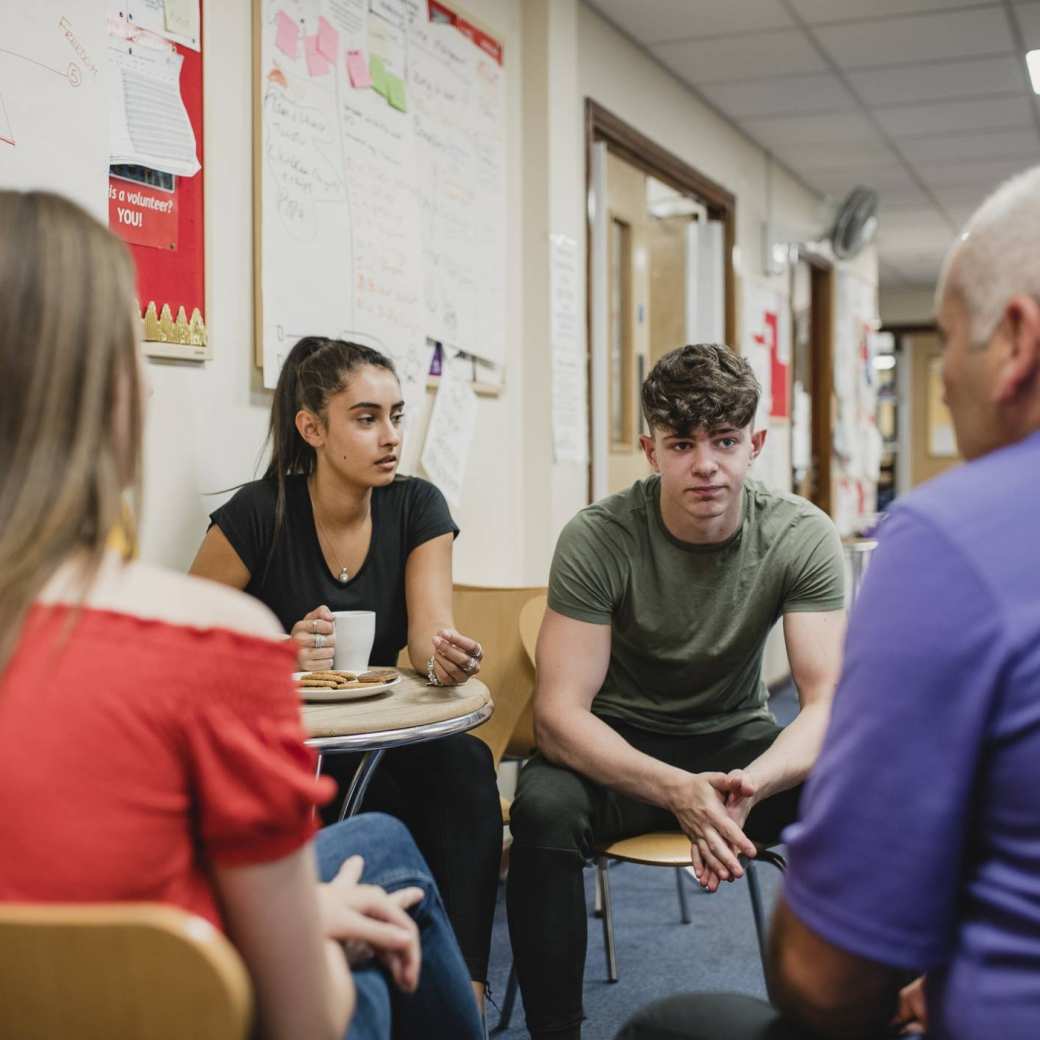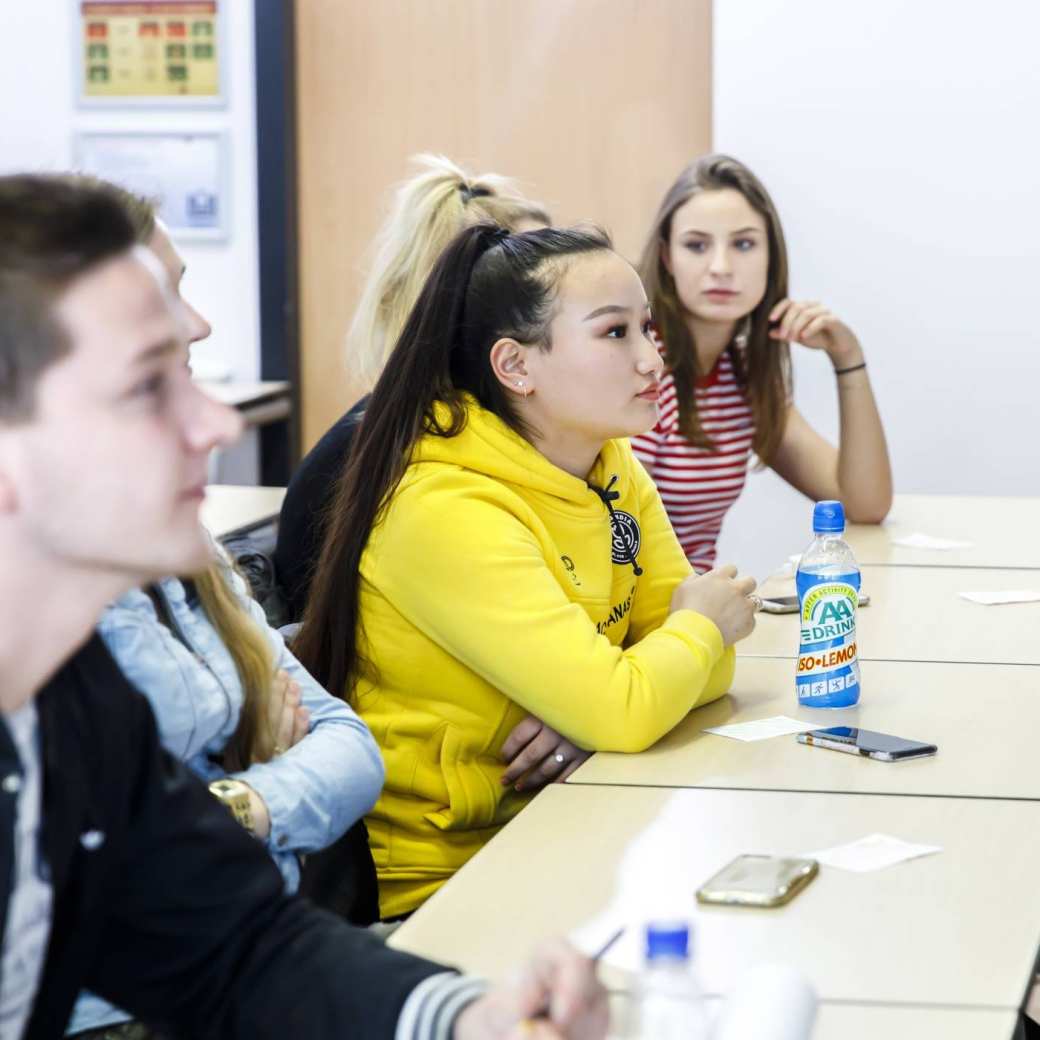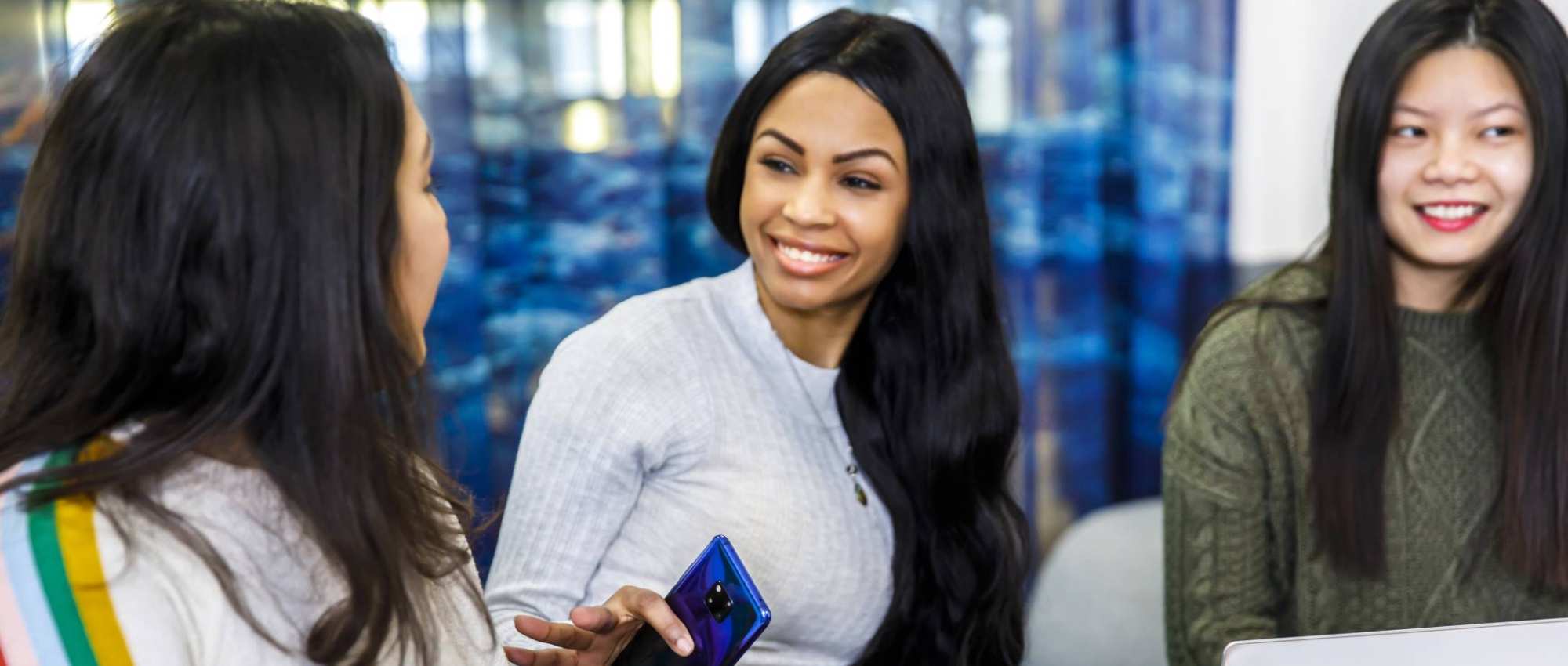Global Health; Health en Community Development
Learn to formulate and study a community health issue. Understand tropical diseases. Health resource allocation. The relationship between health and poverty. Primary health care. Mother-child care. Work in an inter-professional and international team. And more!

The program in a nutshell
The program combines theory, methods, practical and creative skills, reflective learning, group work, and intercultural communication. It is structured into two modules:
During the first 10 weeks, you will attend classes 4 days a week at HAN University in Nijmegen, where you will explore topics such as health, poverty, and diseases. You’ll have the opportunity to get to know your classmates and form student teams. Additionally, you will work on developing your community-based health (prevention) project.
In the second 10 weeks, you will undertake an internship in the Netherlands within an intercultural setting. We offer projects in and around Nijmegen that are specifically designed for exchange students.

Program details
Learning outcomes
Professional and Personal development by learning how to develop and organize a community based and asset-based health promoting intervention in a global context.
By the end of the Global Health exchange program you can:
- Collaborate in a interprofessional and intercultural context
- Demonstrate and apply sports and fundraising skills
- Reflect on one’s own behavior, performance and products
- Present effectively (for example during a presentation)
- Apply creativity in an effective manner
- Handle out of the box challenges and global thinking

Competences
You strengthen these competence areas during the program:
- Various research methods
- Behavioral change techniques
- Multidisciplinary/intercultural collaboration
- Project management skills
- Self reflection
- Effective presentation skills

Dutch way of learning
The atmosphere in a Dutch classroom is quite informal and your lecturers are easy to talk to. In fact, at HAN you’re seen as a partner in the learning process. Class sizes are small and your lecturers encourage you to actively participate in class. To ask questions and give your own opinion. They also stimulate you to be creative and to discover things for yourself.

HAN International Intro
Get a good start to your studies during this week of orientation:
- learn about living in the Netherlands
- become familiar with the campus
- get on board with your exchange program
- make new friends!

What about credits and grading?
At HAN we use the European Credit Transfer and Accumulation System, or ECTS. It’s the standard credit system used in higher education across Europe. How does it work? One credit = 28 hours of study. Think of contact hours. Time spent working on assignments. Preparing for exams.
One semester = 30 credits = 840 hours of study. To earn credits, you need to pass your exams. What counts as a pass? A grade of at least 5.5.

Admission
What are the admission requirements? And how do I apply?
